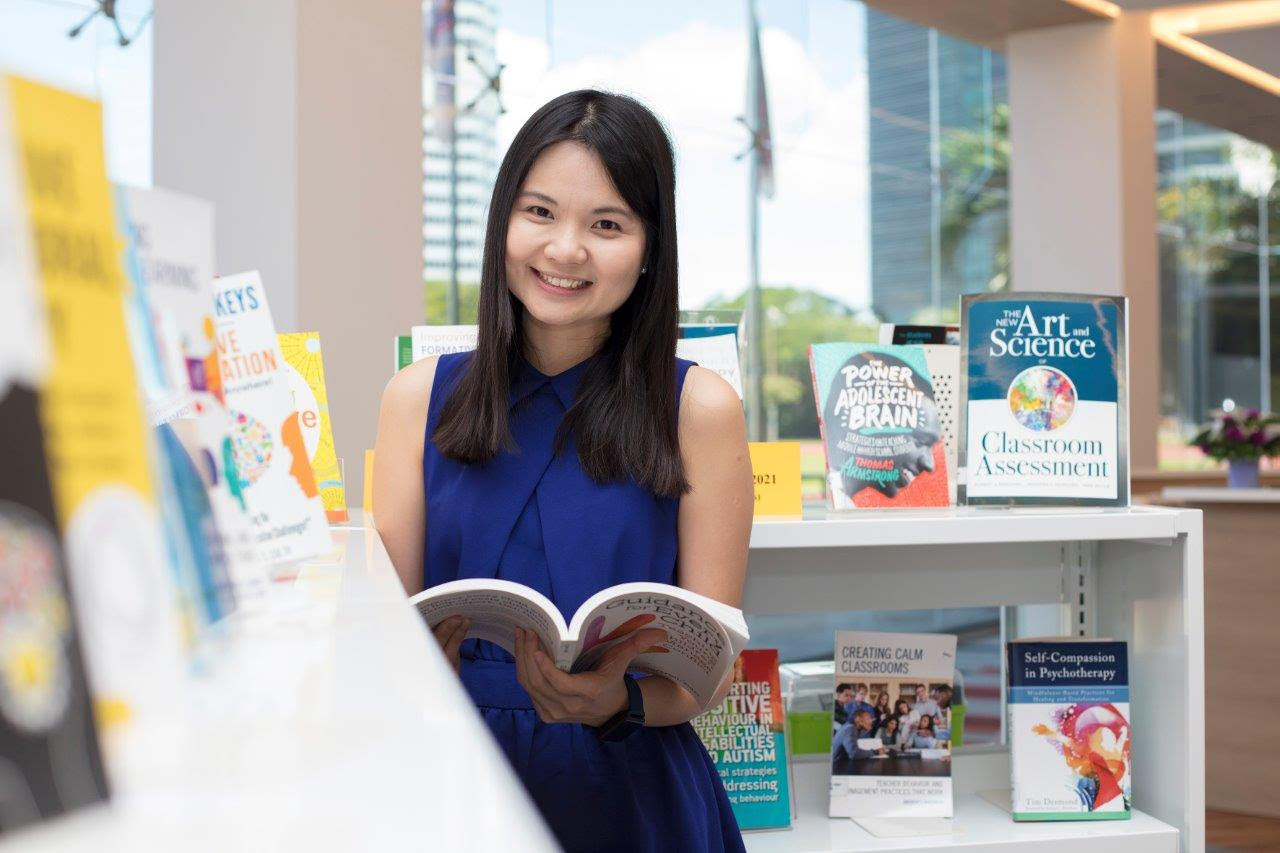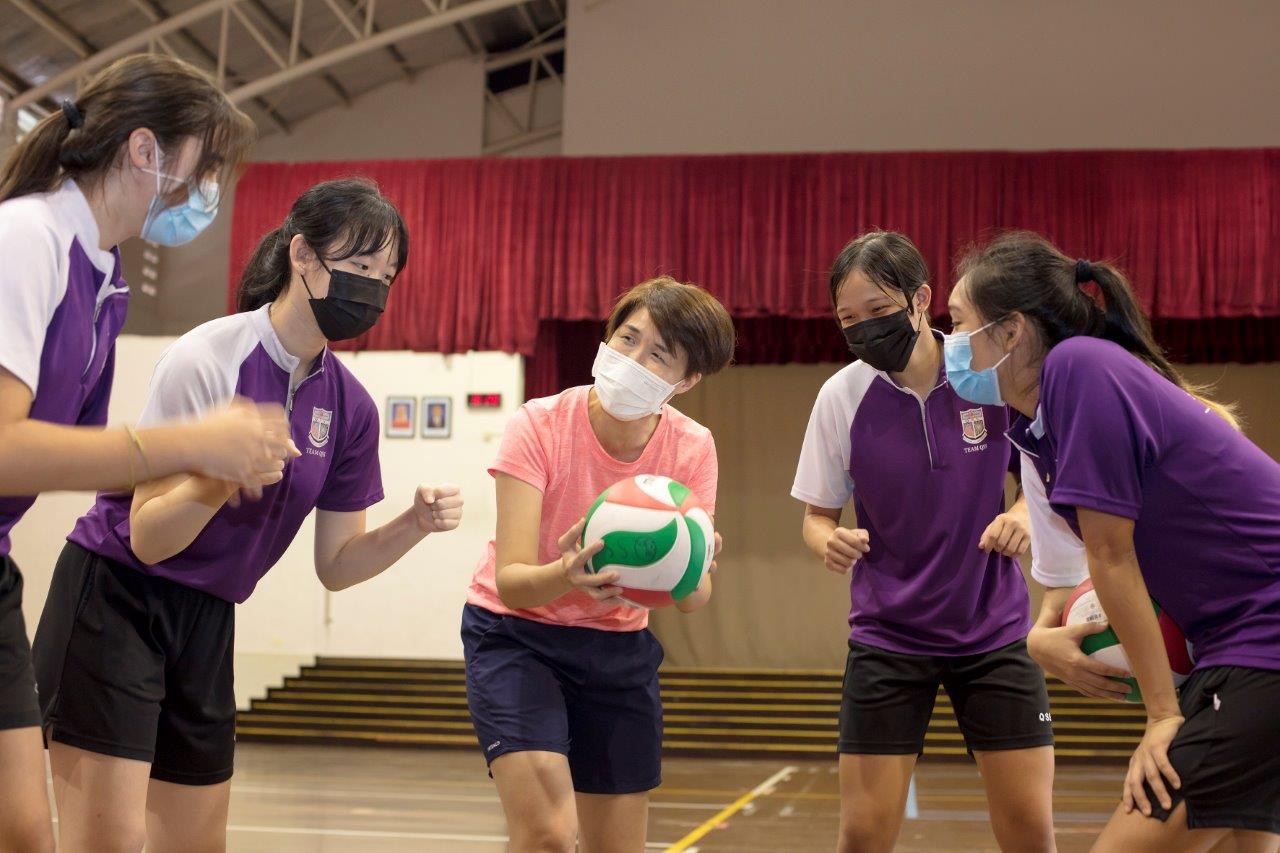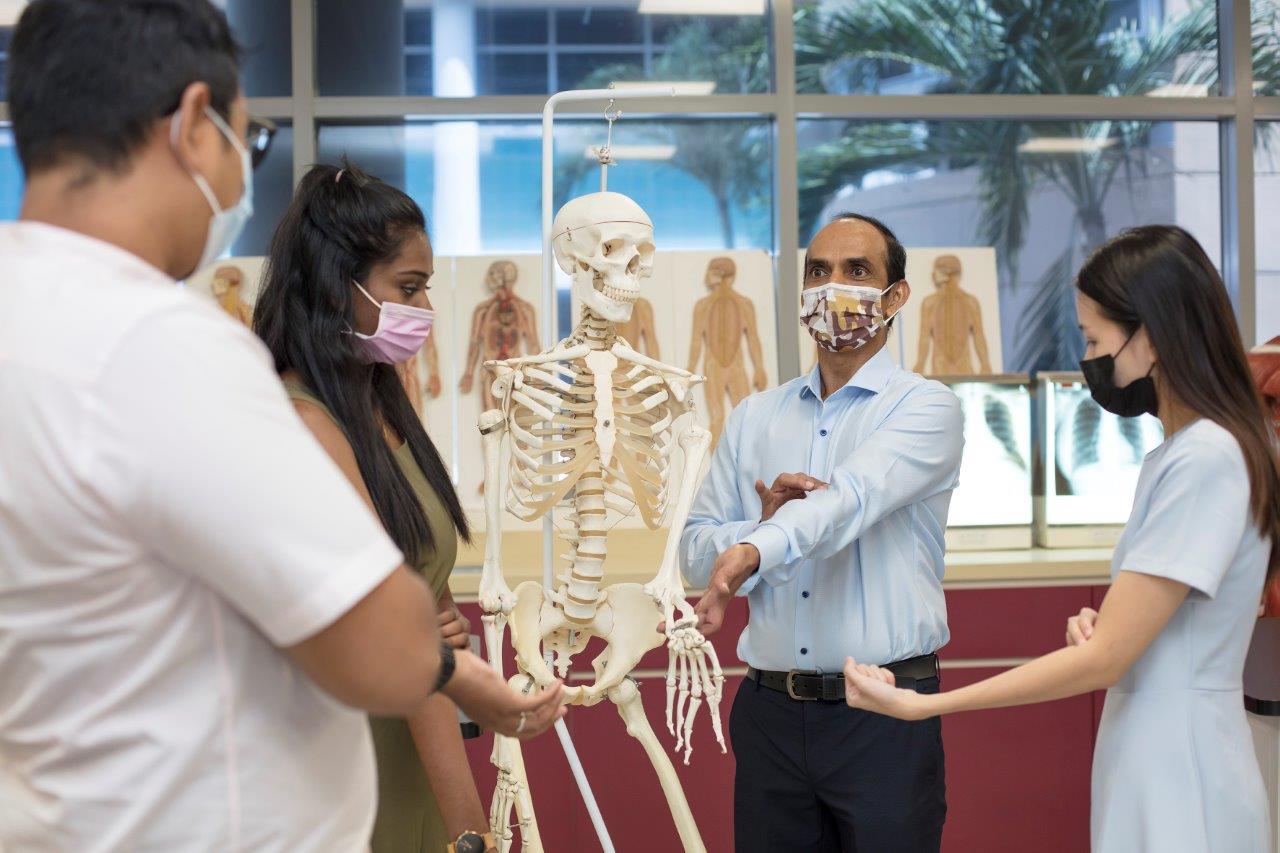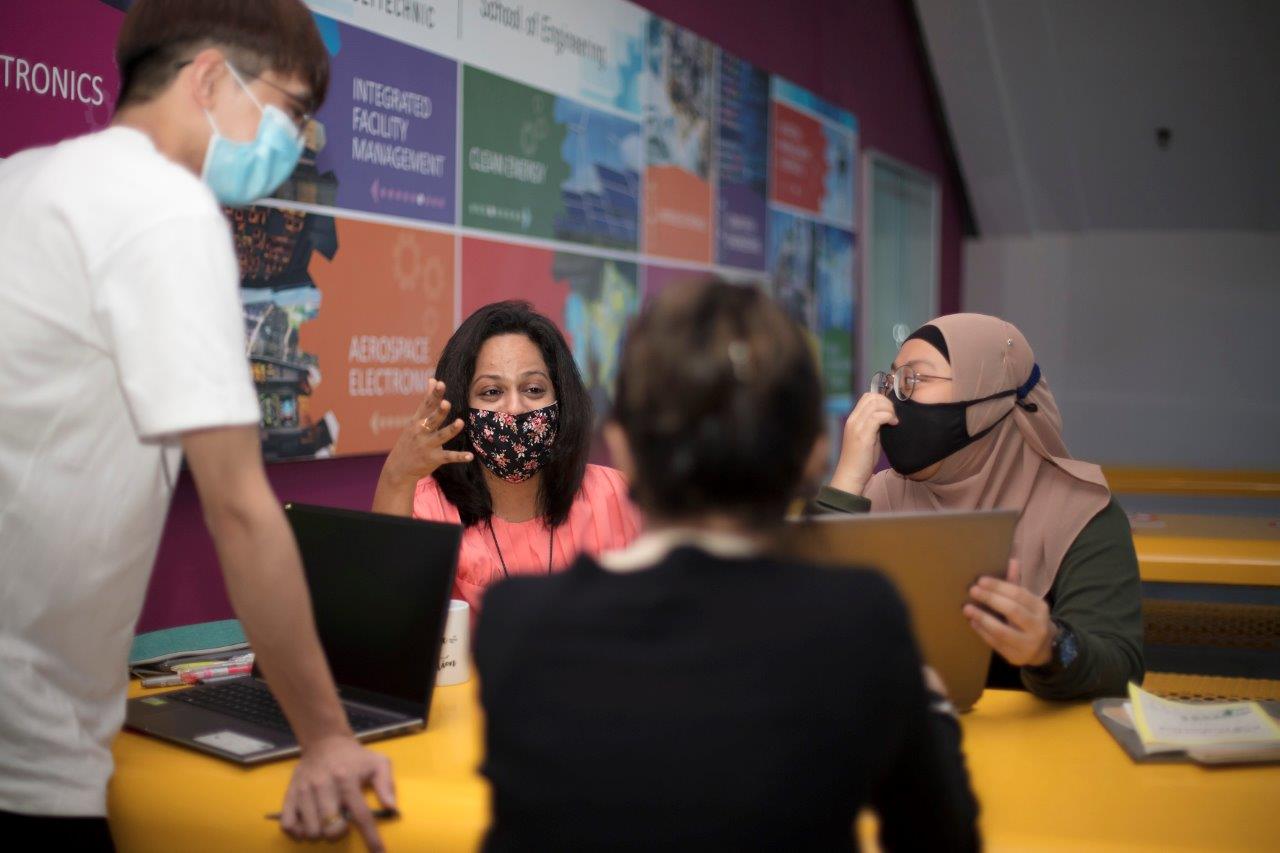Who’s Afraid of Assessments?
23 Jul 2021

Students in Ms He Kangya’s class are not, as they learn to see assessment as a helpful process. She is changing the conversation about tests for her students and their parents. Instead of asking, “How much did you get?”, they ask “Why did you answer in that way?”, and use that information to improve students’ understanding.
He Kangya, Singapore Chinese Girls’ School, Outstanding Youth in Education Award 2021 Finalist
In my first few years of teaching, I was the form teacher of a Primary 5 class. Whenever examination results were released, I would hear students exclaiming, “My parents are going to kill me!”
Albeit said jokingly, it revealed my students’ primary concerns about assessment, and it was no laughing matter to me. I know that the word ‘assessment’ often brings up images of assessment books or examinations. It may even incite fear or unpleasant memories for an individual. But if you look up the root word for assessment, the origin in Latin – assidere – means “to sit beside”. Does this etymology come as a surprise? It did for me, when I found out about it as a trainee teacher.
This fact sparked my interest in using assessment as a supportive tool for students to learn how to learn. I was interested in using assessment to empower students to own their learning process.
The ‘magic formula’
I want my students to know that whatever the task at hand is, they can complete it by planning checkpoints to guide them in knowing where they are going, how they are doing and how they can get there.
For instance, imagine you are building a chair. To succeed, you would have to gather the parts, locate the correct tools, and put the parts together in the correct order.
It is the same for subject topics; finding the area of shapes in Math, for instance. I would work with my students to find the checkpoints, or criteria, to successfully do so – like finding the length and breadth, identifying the correct formula, and applying it with the correct use of units.
Figuring out how to make good presentations during English? We would agree as a class what a good presenter needs – such as clear and confident expression, good use of vocabulary, and interaction with audience through eye contact and gestures.
And what makes a good friend? It could be caring for others, respecting each other’s opinions, and standing up for what is right. What makes these formulas particularly magical is that students have a hand in developing them. It is key that they experience a sense of ownership.
Mistakes as an ingredient of success
Once students understand the principles of the ‘magic formula’, they can plan the roadmap to move towards where they want to go. They can then come together to support one another on the journey.
One technique that I use is the ‘Stars and Stairs’ feedback. As I always tell my students, the only difference between ‘stars’ (strengths) and ‘stairs’ (areas for improvement) is the letter ‘I’ – mistakes help to show us what we can do next to help ourselves grow.
Students can use this to help their classmates too. Students who originally had a low level of self-confidence can realise that they are able to analyse their own progress and even help their peers along. Seeing this is not only a confidence booster for them, but also most heartening for me.
All aboard the ‘assessment-is-not-scary’ train
Removing the fear of assessment and helping students to focus on growth depend greatly on the environment and culture.
I realised that what I was trying to do required the support of parents, and the positive conversations in class about what students learn from assessments also need to take place at home. So whenever I return examination papers, I get my students to go through them and write down their reflections both on subject and learning attitude. I then ask them to share their learning points with their parents at home and ask their parents to pen a response in return.
There were protests, of course. The first time my students did this with their parents, there were cries of “It was the most awkward conversation ever”, but we stuck with it. Over time, my students started sharing how their parents encouraged them because they could see that they had already learnt from their mistakes. At the end of my students’ Primary 6 year, their parents told me that such post-exam reflection conversations have “changed how [they] talk about assessments”, “strengthened [their] relationship” and become “something [they]’ll definitely remember and continue”. I was greatly thankful for the strong partnership and glad that the process had become a valuable shared experience.
Now, after each task or quiz, students across all levels engage in a self-reflection and error-analysis. Once, my Primary 4 students were sharing as a class about the mistakes made, when one of them declared, “Oh! Claire* and I both scored the same mark, but we made different errors! I learnt that if I see ‘less than’, it does not mean that I should ‘minus’ the number. I must read the question and identify the smaller and bigger number. But for Claire, she made a careless mistake of writing 100 and not 1000.”
My students were no longer looking just at the score but the reason behind the score. They see how assessment helps them understand their progress. Their focus had shifted from their marks to concrete ways in which they could improve on their areas of weakness – that is the true intent of assessment.
No model answers
One question I used to dread was, “Will I get marks taken away if I do this in the exams?” Nowadays, I hear that question less often. What I hear more is, “Ms He, why does this method not work?”, or “Ms He, I have another way of doing this!”
When they face a new challenge, they ask themselves questions like, “What are my observations? What steps could I take? What do I want to work towards? How can we work together?”
They have learnt how to learn. There is no ‘model answer’ in life. There will be uncertainties and failures. But I hope that my students will believe in themselves and figure out the ‘magic formula’ that works for them, while helping others along.
*Name has been changed to protect the identity of the student.





